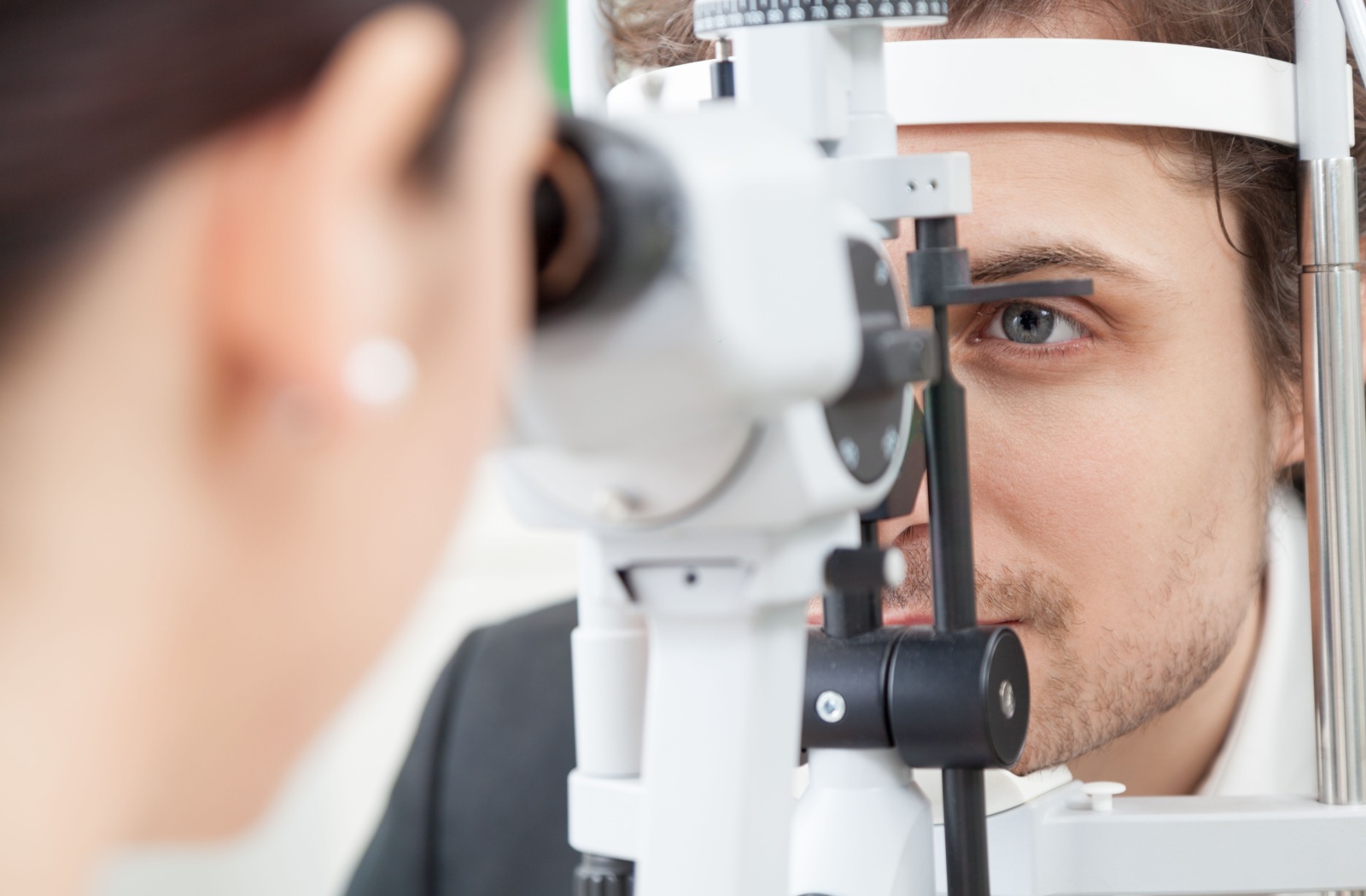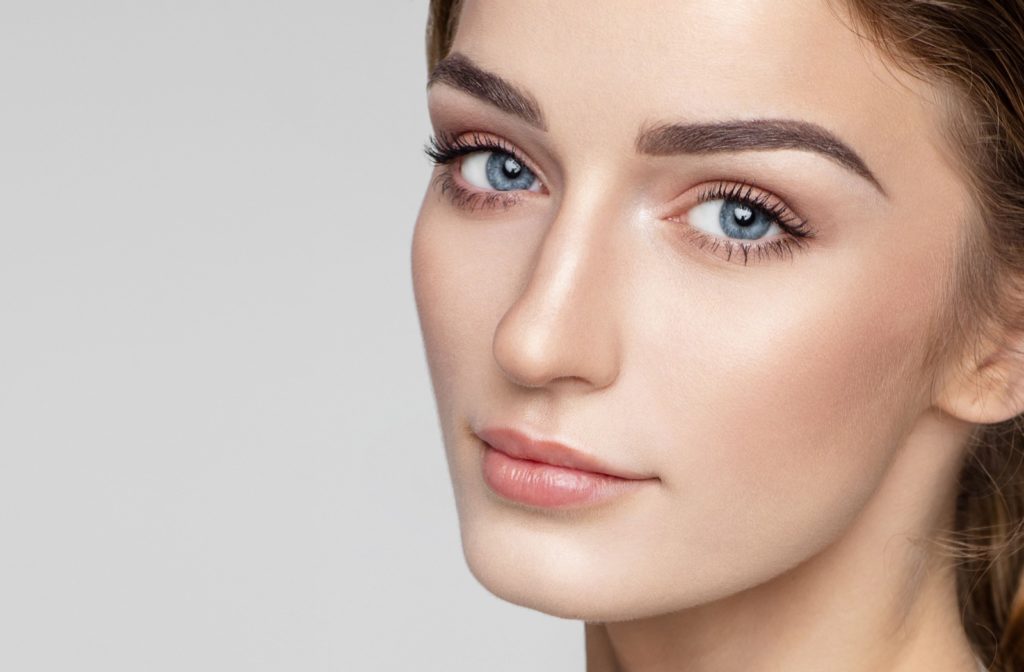Every eye is a little different in size, shape, clarity—and colour. You may have noticed a pattern—while people with darker eyes tend to be more comfortable in the sunlight, those with blue eyes often find themselves squinting more, like they’re trying to avoid a sunburn on their eyes. What’s causing this odd phenomenon? Are blue eyes more sensitive to the sun?
Yes, it turns out that blue eyes are more sensitive to the sun. This is due to the light-absorbing pigment called melanin in the eyes that gives them their unique colours. While darker eyes have more of this pigment, lighter colours—like blue—have less.
What Is Melanin?
Think of melanin as though it’s nature’s sunblock. It’s a pigment that gives various shades to our complexions. When a person has more melanin in their skin, it’s visually darker; when they have less, they’re often paler.
Melanin is an essential part of the human body; it absorbs harmful UV rays from the sun to help protect the body against the dangers of natural radiation. This melanin is like a shield for your body. And when it’s in the eyes, it has a curious dual purpose—it protects your eyes and plays a role in giving you a unique eye colour.
Why Are Blue Eyes More Light-Sensitive?
Just like no two colours are exactly alike, every person has a slightly different level of melanin in their eyes. However, there’s a universal relation between melanin and eye colour; the more melanin you have, the darker your eyes.
When you have dark brown eyes, you have significantly more melanin. Your eyes have a higher amount of this natural UV shield. Meanwhile, the inverse is the same; people with light blue eyes have much less melanin.
This means that if you have blue eyes, you have much less natural protection against the harmful UV rays of the sun. This isn’t just about some natural shield; people with blue eyes are more likely to report light sensitivity than those with darker colours.
The Dangers of Sun Damage to the Eyes
Even though it’s a natural part of our environment, the sun can still be dangerous. UV radiation from the sun can cause a whole host of potential problems in the human body.
Potential problems include:
- Cataracts, a common condition where the eye’s natural lens begins to cloud
- Age-related macular degeneration, where a part of the retina begins to degrade and damage your clear central vision
- Photokeratitis, or a sunburn on the eye.
- Pterygium, a growth that starts on the clear tissue of the eye and can spread to the cornea.
- An increased risk of developing certain cancers.
This is why protecting your eyes from the sun is so important. No matter your eye colour, sun damage is nothing to scoff at; it can lead to significant problems or even vision loss if you’re not careful. While individual pigmentation does play a part in your natural protection from UV rays, it isn’t enough to completely avoid sun damage. So how do you protect your eyes from the sun?
Tips for Protecting Your Eyes from the Sun
When you’re trying to protect your eyes from the sun, your goal should be to avoid exposing your eyes to direct UV rays wherever possible. To do so, it all starts with a simple pair of sunglasses.
Sunglasses are the easiest way to avoid UV exposure, but there’s a bit of a catch; they aren’t all the same. Some sunglasses are designed to be fashionable, some to be durable, and others to be protective. When you’re trying to avoid sun damage, you should aim for the latter. You want the lens to shield your eyes as much as possible.
Try to find a pair of sunglasses clearly labelled “100% UV protection.” This means that they block almost all of the sun’s rays from directly reaching your eye. These come in both polarized and non-polarized options for your own convenience. Polarized lenses reduce glare off objects, like water and windows, but sometimes can make looking at screens more difficult.
It can also help to:
- Avoid standing directly in the sun by using shade wherever possible
- Staying indoors during the brightest—and hottest—part of the day
- Follow a healthy diet rich in omega-3 fatty acids and other eye-essential vitamins and minerals
And don’t forget to regularly visit your optometrist for comprehensive eye exams. This way, an eye care professional can monitor any changes happening in your eye.

Taking Care of Your Vision
Whether your eyes are blue, brown, or green, your eye health is essential. So come visit our team at Discover Eyecare! We can help take care of your eyes and vision by giving you up-to-date advice on maintaining your health. Our team is here for you, so book an appointment with us today!



